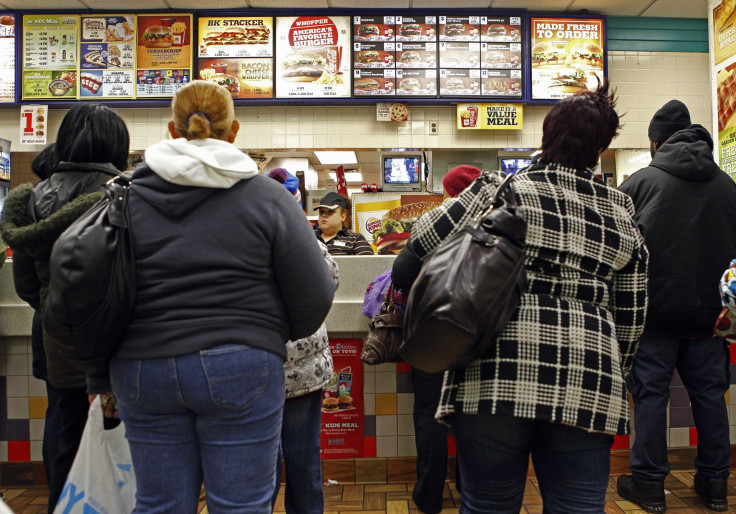FDA Proposes Trans Fat Ban That Could Affect Several Of America's Favorite Foods

The Food and Drug Administration, or FDA, announced a proposal on Thursday to ban trans fat, which can be found in hugely popular snacks such crackers, cookies, baked goods and microwave popcorn, in a sweeping move that would force food manufacturers to reformulate processed foods that currently use this artery-clogging artificial unsaturated fat.
The FDA determined that partially hydrogenated oils, or PHOs, the primary dietary source of artificial trans fat in processed foods, are unsafe for consumption, and opened a 60-day review period to collect data on the time food companies would need to alter their products before the ban takes effect. Trans fat intake boosts the amount of low-density lipoprotein, or “bad” cholesterol, raising the risk of heart disease due to the buildup of plaque inside the arteries.
“While consumption of potentially harmful artificial trans fat has declined over the last two decades in the United States … further reduction in the amount of trans fat in the American diet could prevent an additional 20,000 heart attacks and 7,000 deaths from heart disease each year,” FDA Commissioner Margaret Hamburg said, in a statement.
Over the past decade the consumption of trans fat in the U.S. has significantly fallen, due to health concerns following the FDA’s proposal in 1999 requiring food manufacturers to clearly mention the amount of trans fat on food labels listing nutrition facts. However, the proposal came to force only in 2006, and according to the FDA, trans fat intake of people in the U.S. dropped from 4.6 grams a day in 2003 to about 1 gram a day in 2012.
Among the products the FDA singled out are cakes, frozen pies, snack foods, frozen pizza, vegetable shortenings and stick margarines, coffee creamers, refrigerated dough products, such as biscuits and cinnamon rolls, and ready-to-use frostings, meaning a ban would affect manufacturers across the board.
However, trans fat would not be completely eliminated from foods even after the ban, because it also occurs naturally in small amounts in meat, dairy products, and in fully hydrogenated oils, where it is produced during manufacturing.
The FDA urged consumers to check detailed nutrition facts on food labels even if they claim “0 grams trans fat,” because under current regulations, manufacturers are allowed to print such a claim if the food limits trans fat to 0.5 grams or less of trans fat per serving.
Washington, D.C.-based Grocery Manufacturers Association said, in response to the FDA’s proposal, that food processing companies in the U.S. have “voluntarily lowered” the amounts of trans fat in their food products by more than 73 percent.
© Copyright IBTimes 2024. All rights reserved.





















